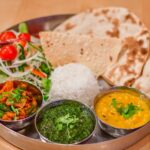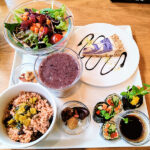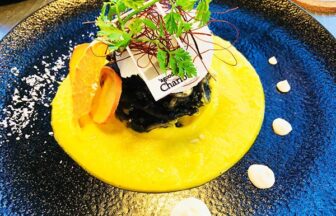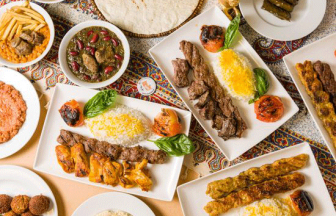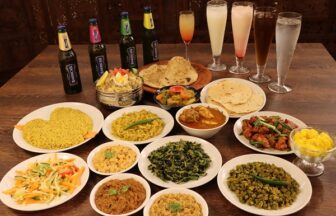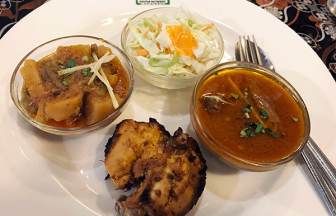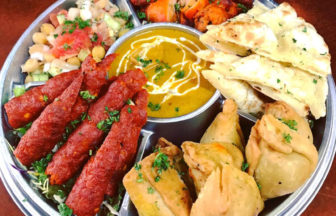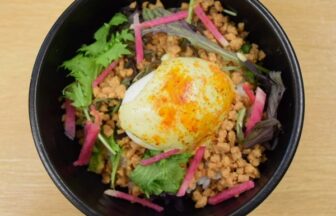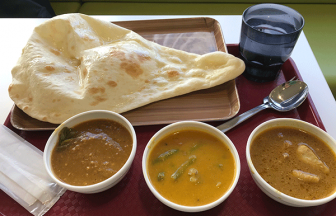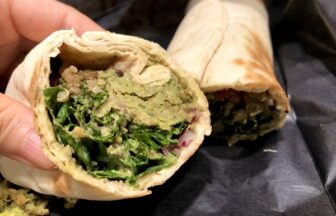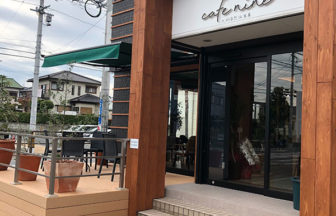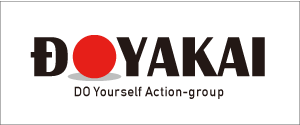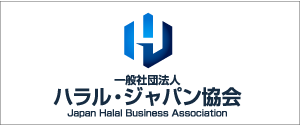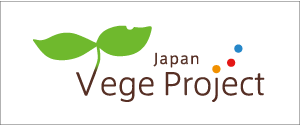Halal friendly restaurant that offer delicious noodles with beef broth cooked for a long time
Hashi is an Asian noodle restaurant that opened in February 2021. The owner is a Muslim from Bangladeshi and all the dishes on the menu are halal friendly.
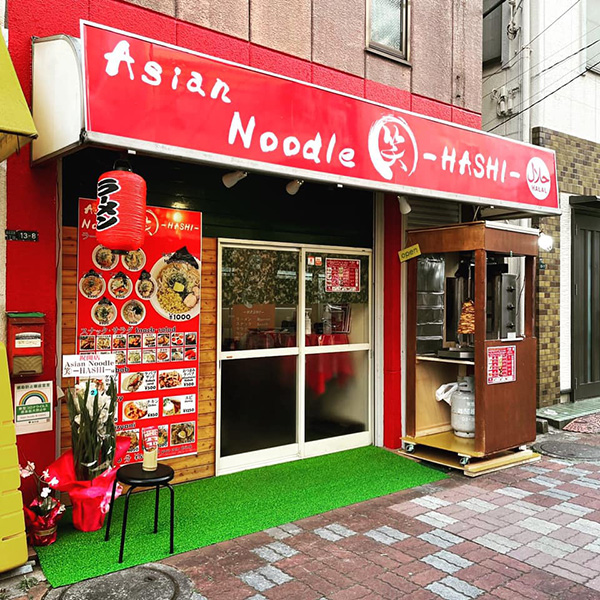
Asian Noodle -Hashi-
The owner Mr. Rana is a noodle master with more than 10 years experience at a ramen restaurant. They proudly offer noodles in a collagen-packed soup cooked with beef bones for a long time and also offer some Bengali dishes along with noodle menu.
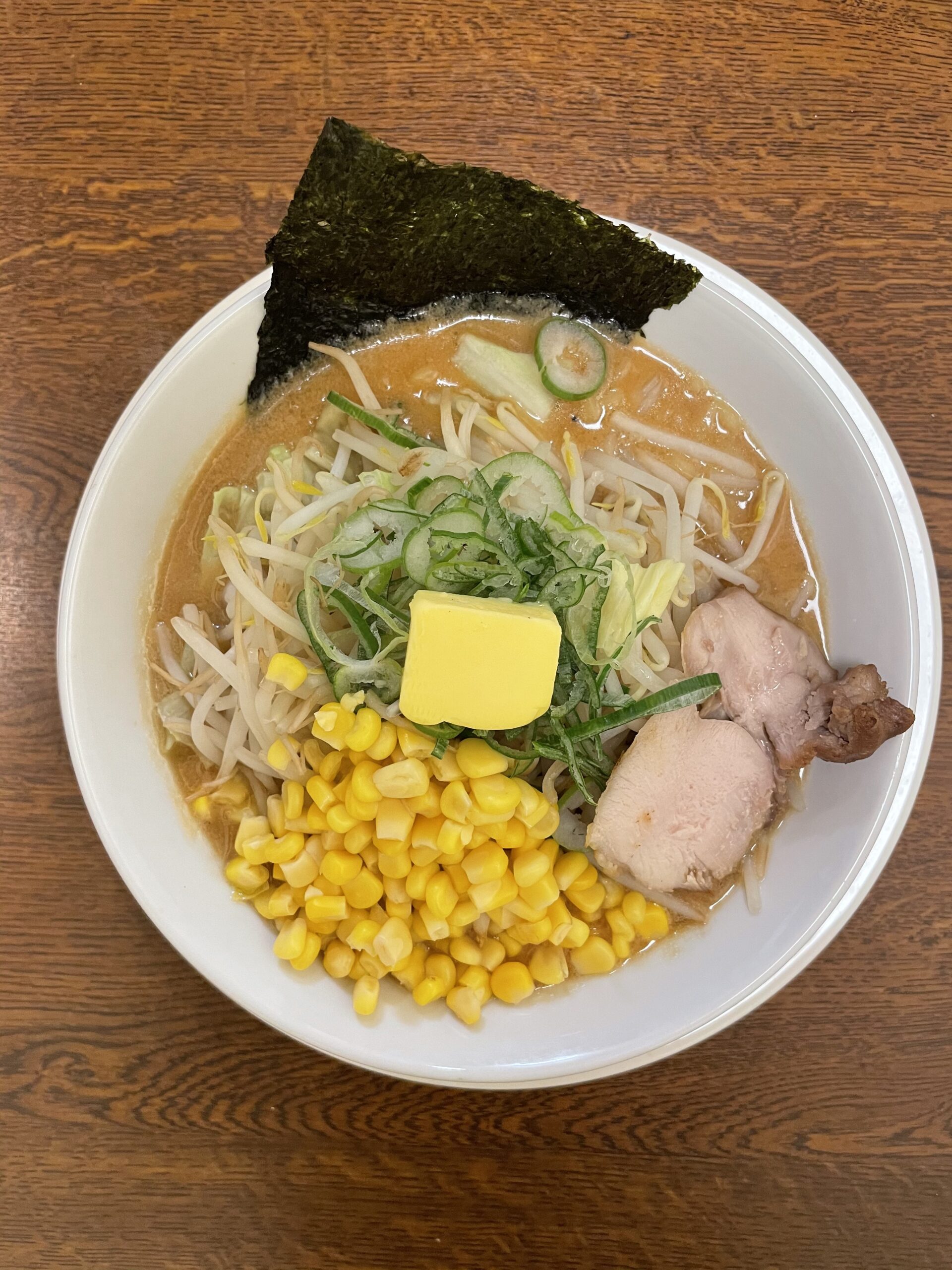
Asian Noodle -Hashi-
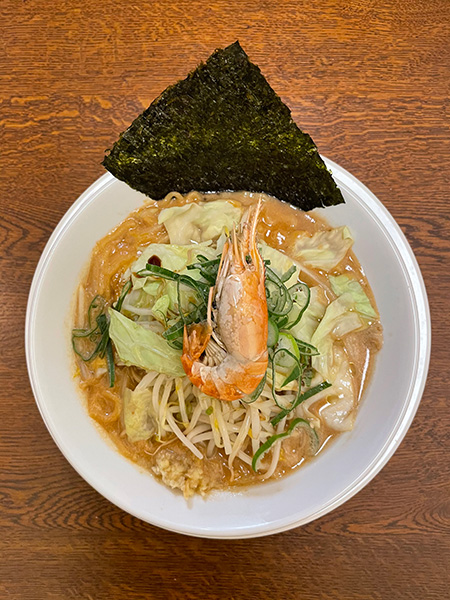
Shrimp ramen noodles 1,100 yen
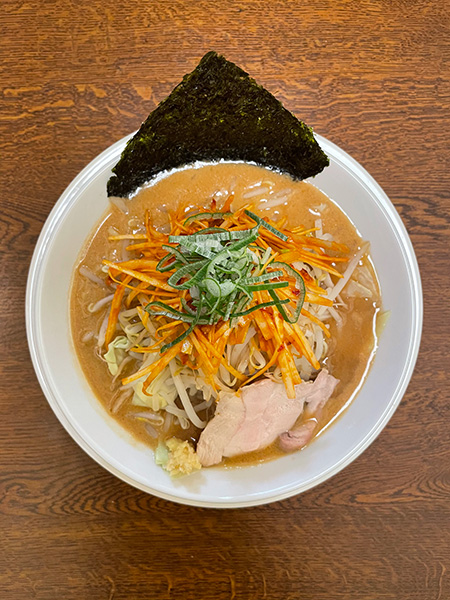
Spicy shallots and miso ramen noodles 950yen
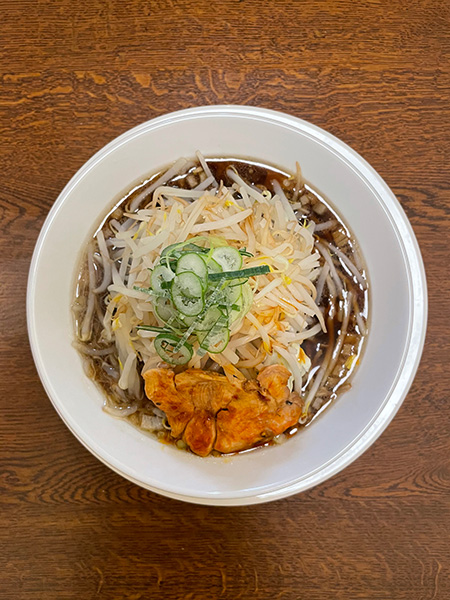
Beef ramen noodles 1,100 yen
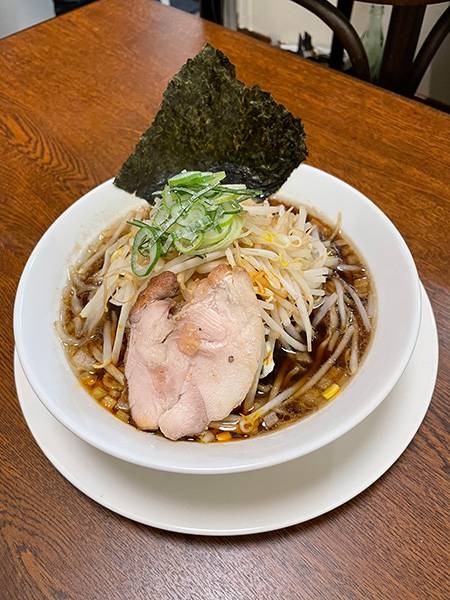
Shoyu ramen noodles 850 yen
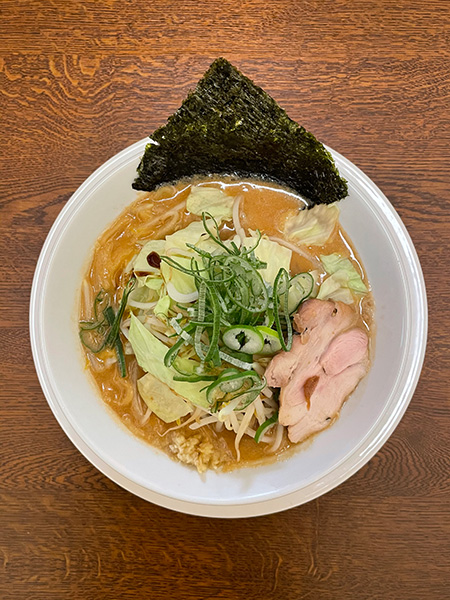
Miso ramen noodles 800 yen
The restaurant name Hash means “smile” in Bangladeshi. Mr. Rana opened a halal ramen restaurant which is a 3 min walk from the North exit of Ohanajyaya station in 2021. He put all of his skills and knowledge gained through experience of many years working at a ramen restaurant.
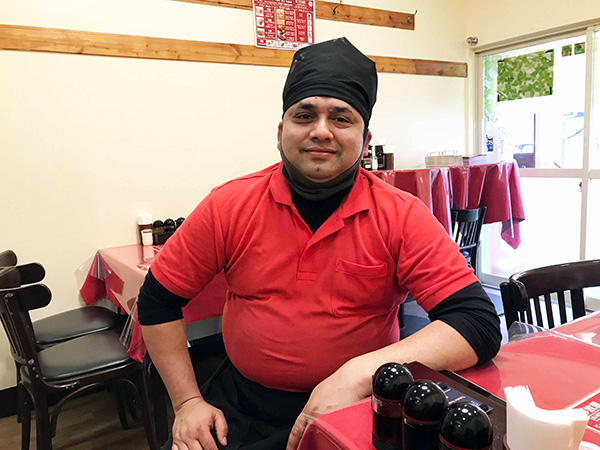
Owner Mr. Rana
He is hopeful that all the customers including Muslims enjoy the delicious Japanese ramen noodles. All the items on the menu are halal friendly, so both Japanese customers and visitors from overseas can enjoy their food at ease.
Ramen restaurant offering side menu such as kabab, biryani, and Bengali dishes
Although Hashi is a ramen noodle restaurant, they offer some exotic dishes.
The kabab especially, is in fact the second most popular item on the menu after ramen noodles.
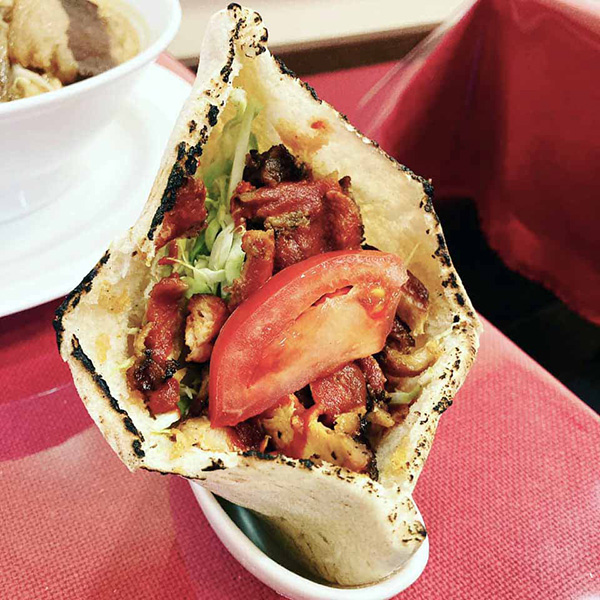
Kebab
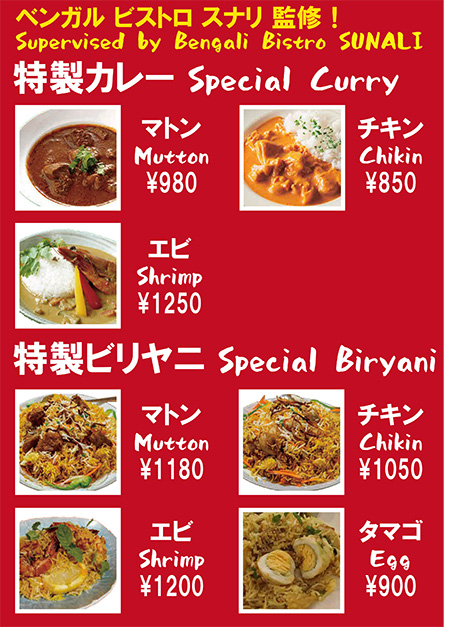
Menu supervised by Bengali restaurant
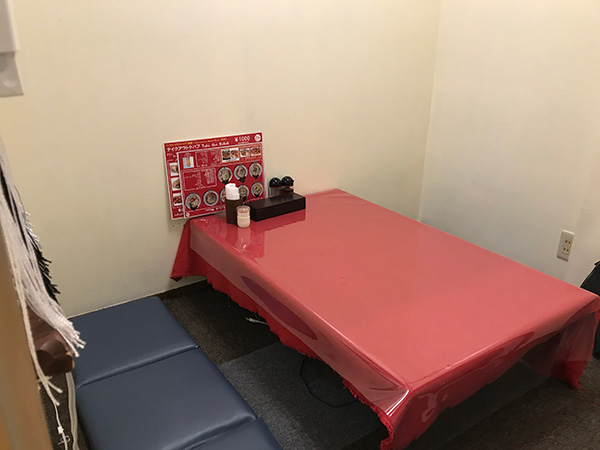
Japanese style private room
Supervisor / Recommender

- Halal Supervisor and Foreigner Food Coordinator (Cooking, Consulting, Public Relations)
-
Click here for introduction
I currently work as an editor, but my previous job was as a chef, with many years of experience working in hospitals, restaurants, and the food service industry. Looking back, I think my connection to halal may have already been there.
Decades ago, I once worked in a cafeteria at an auction venue. Over 60% of the visitors were foreigners. Many Muslims were present, and the venue had a mosque-like prayer space. I remember being frequently asked questions about whether the meat was halal and what kind of meat it was. At certain times, the cafeteria would become as lively as a festival. The Indian restaurant next door would generously serve free biryani, curry, and sweet drinks to everyone who came. Over 100 people, including people wearing bright red turbans, galabeyas, and traditional attire, gathered in the cafeteria, all sitting around the same table and enjoying a truly enjoyable time. Looking back, it was iftar, the end of fasting, and I understand the significance of sharing, but at the time I was ignorant of halal and Islam, and didn't even consider how to respond. They only ate the curry made by the Indians in the restaurant. As I studied halal, I realized, "I wanted to eat Japanese food, but I couldn't." I regret not doing anything even though there was something I could have done.
If only it didn't contain pork! If only it didn't contain wheat or buckwheat! I could eat it... Food insecurity is different for each person.
That's why I think it's important to learn about the differences in culture, religion, and lifestyle that underlie it, and to create an environment where everyone can enjoy delicious meals in comfort.
The desire for delicious, safe, and secure food is universal. The times are calling for people to live in new ways that transcend borders and religions. I hope that halal can be a gateway to eliminating food insecurity, contributing even in some small way to a society where people can coexist and prosper with more liberal thinking, and to global harmony beyond.
Latest entries
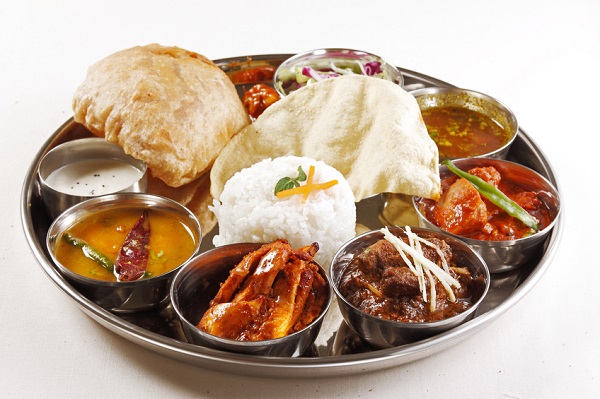 Tokyo2023年11月4日Dakshin South Indian Restaurant Otemachi Branch
Tokyo2023年11月4日Dakshin South Indian Restaurant Otemachi Branch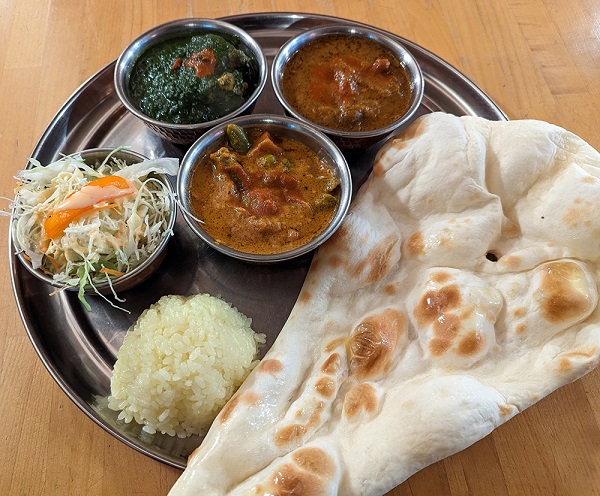 Tokyo2023年10月23日Gandhi Mahal
Tokyo2023年10月23日Gandhi Mahal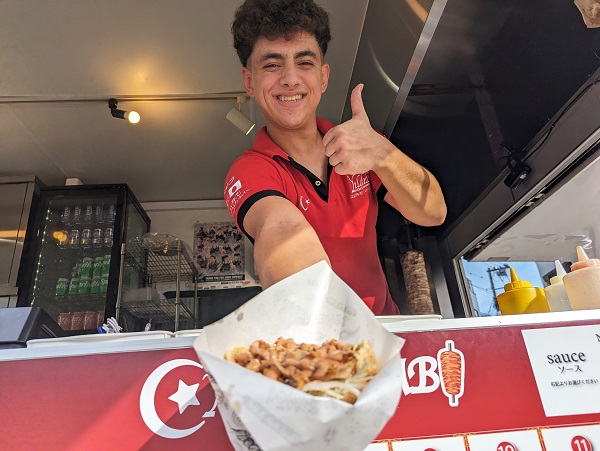 Tokyo2023年10月23日Yıldız KEBAB
Tokyo2023年10月23日Yıldız KEBAB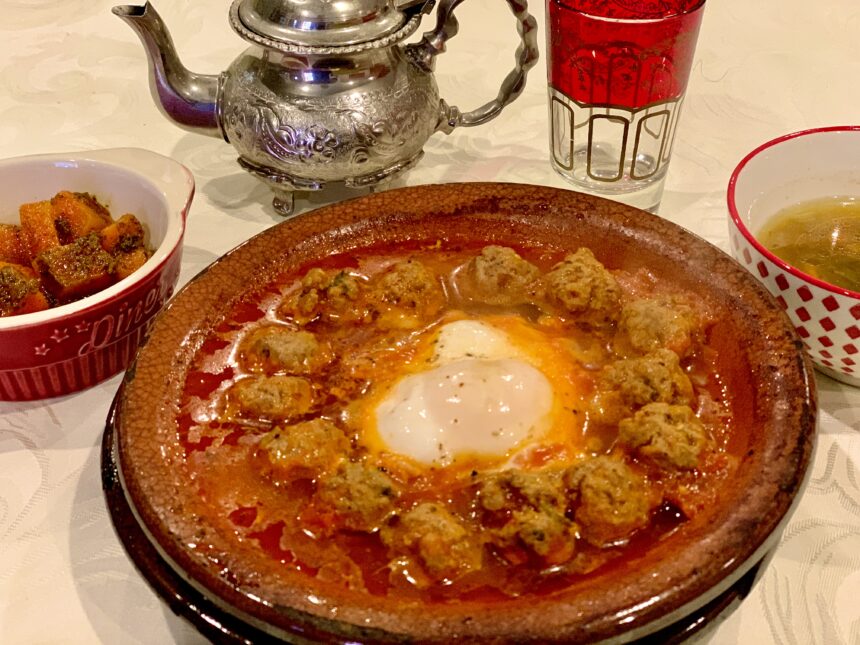 Tokyo2023年10月4日Restaurant Morocco
Tokyo2023年10月4日Restaurant Morocco









